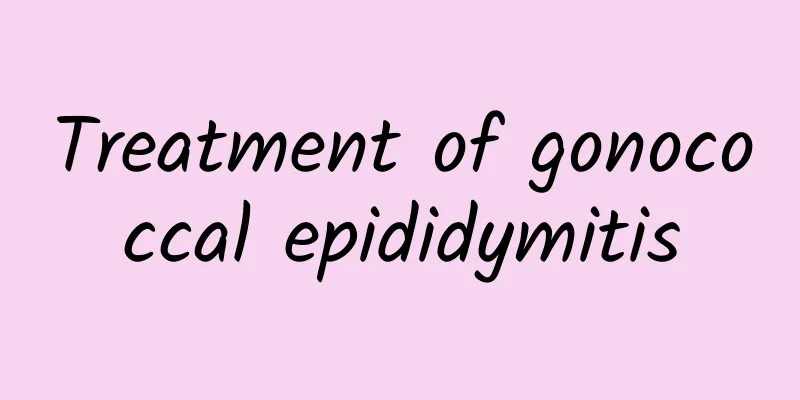Prostate enlargement

|
Prostate enlargement, also known as prostatic hyperplasia, is generally caused by bladder irritation. After prostate enlargement occurs, the patient may have difficulty urinating at first. As the condition worsens, it will further deteriorate and cause many troubles. Therefore, patients must not only take medication, but also undergo surgery when the condition worsens. Delaying treatment will lead to worsening of the condition. Prostate enlargement is also called prostatic hyperplasia. Symptoms mainly manifest in two groups: one is bladder irritation symptoms; the other is obstructive symptoms caused by the obstruction of the urinary tract by the hyperplastic prostate. Bladder irritation symptoms: frequent urination, urgency, increased nocturia and urge incontinence. Frequent urination is an early sign of prostate hyperplasia, especially increased nocturia, which is more clinically significant. The disease has three main characteristics: enlarged prostate; obstruction of bladder outlet; and lower urinary tract symptoms such as difficulty urinating, frequent urination, and urgent urination. If you find symptoms, it is recommended to go to the hospital for examination and treatment in time to avoid delaying the disease and affecting your health. Treatment 1. Vigilant observation. Treatment: Mild prostatic hyperplasia, with no symptoms or very mild symptoms, requires regular examinations and close observation. Once the disease progresses, active treatment is required. Disease recovery can be promoted by changing lifestyle habits, such as reducing fluid intake, drinking fluids at regular times and in fixed quantities, and avoiding drinking alcohol and large amounts of coffee. Disadvantages: It has no therapeutic effect and is only used for disease care. 2. Drug treatment. Treatment: Hormone or anti-hormone drugs, α-adrenaline receptor blockers, 5α-receptor reductase inhibitors, cholesterol inhibitors and other drugs are widely used in the market. Disadvantages: Large side effects, easy to produce dependence, long-term use will cause great harm to the cardiovascular system and immune system. And because Western medicine has not yet fully understood the root cause and pathogenesis of prostate hyperplasia, Western medicine is mainly used to improve and relieve symptoms, rather than to cure prostate hyperplasia. 3. Surgical treatment Treatment: Palliative surgery such as bilateral orchiectomy and transurethral resection of the prostate; open surgery such as suprapubic transvesical prostatectomy, retropubic prostatectomy, and transperineal prostatectomy. Disadvantages: Surgery is risky and expensive. The choice of surgery should be based on factors such as hospital conditions, the doctor's surgical proficiency and experience. Moreover, surgical resection does not completely remove the prostate tissue, and the remaining prostate tissue in the body may still have the possibility of disease. |
<<: The dangers of excessive masturbation
>>: Is it easy to treat male sperm deficiency?
Recommend
What are some tips for boys to get rid of acne scars?
Acne is not a "privilege" for girls. Bo...
What kind of clothes do women like to wear?
Every woman likes to dress up appropriately to ma...
Why do my calves hurt from ejaculating too much?
Many male friends actually experience paroxysmal ...
How to increase erection hardness and duration
Male friends are always dissatisfied with their s...
What to eat to treat men's cold body
In winter, many men feel cold in their limbs. For...
How long does it hurt for a boy to have a circumcision?
Most men will undergo circumcision because an ove...
The harm of staying up late to the skin is terrible!
Staying up late refers to a type of behavior in l...
Testicular redness, swelling and pain
The male sexual organs are mainly composed of the...
Developmental considerations for adolescent boys
There are many things that need to be paid attent...
Slight redness and swelling of the male urethra
Slight redness and swelling of the male urethra i...
How to remove squid skin? It only takes three minutes!
If you buy the freshest squid in the market, you ...
Where can men use moxibustion to nourish the kidneys?
Moxibustion is one of the commonly used methods o...
Late symptoms of premature ejaculation
What are the symptoms of premature ejaculation? W...
Men’s temper is bad due to lack of love
British sexologists recently released the results...
How can men delay aging?
Nowadays, many people like to use some methods to...









